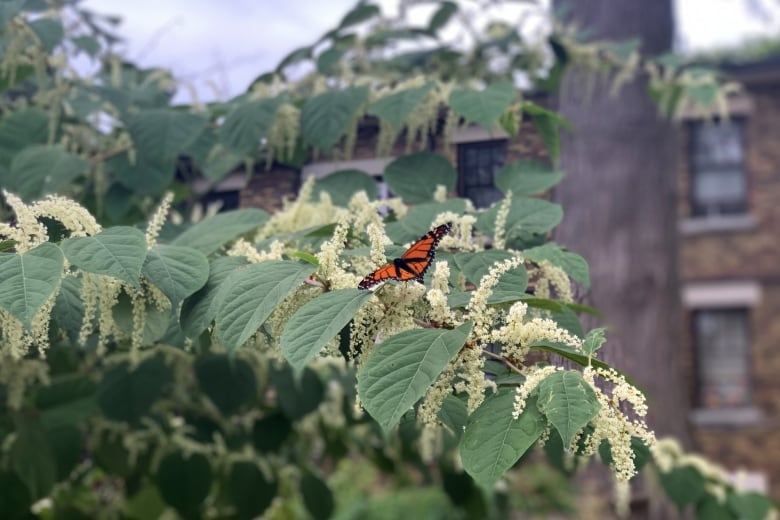Getting into nature might benefit your mental health during the pandemic

There’s little doubt that the COVID-19 pandemic has put a strain on people’s mental health. The isolation, concern about the virus itself and worries about employment can all be a huge psychological burden. But a new study suggests “awe walks” might help.
In a small study published in the journal Emotions, researchers found that a trip through nature — like a forest or park — can boost positive emotions.
In the study, which looked at the mental health of older adults, 60 participants in Californiawere asked to take 15-minute walks every day for eight weeks, with some assigned to awe walks and others who weren’t given instructions about where to walk.
People who responded to survey questions in the awe walk group reported an increased sense of wonder about the world around them. (For example, one participant wrote about “the beautiful fall colours and the absence of them amidst the evergreen forest … how the leaves were no longer crunchy underfoot because of the rain and how the walk was more spongy now.”)
The researchers found these positive emotions were even reflected in people’s selfies, where participants had “measurably broader smiles.”
Awe “is an interesting emotion, because it promotes what we call a ‘small self,'” said lead author Virginia Sturm, an associate professor in the departments of neurology as well as psychiatry and behavioural sciences at the University of California San Francisco.
“What that means is that when you feel awe, you feel smaller in relation to the larger world and the universe around us … yet more connected,” she said. All of the problems we perceive to be “really overwhelming, when we take a step back and look at [them] in this bigger perspective, they seem kind of smaller.”
Researchers found this smaller sense of self was reflected in the composition of people’s selfies, where, over time, the picture-taker moved to the side, taking up less space.
Sturm said that, anecdotally, she’s observed people taking greater notice of nature during the pandemic, whether it’s watching leaves in a breeze or daily backyard visits from a hummingbird.
“I think it’s more of a shift of mindset, to find awe in the small moments and spaces in our lives, rather than necessarily taking a trip to the Grand Canyon or doing something big,” she said.
That sense of awe can be found just about anywhere outside — you don’t necessarily have to take a trip to the park. It could be as simple as watching an ant forage on the sidewalk or finding a butterfly nestled on a nearby bush.
For those who are perhaps unable to get out of the house, even watching videos of nature or animals can cultivate a sense of awe, Sturm said.
She acknowledged that unpleasant things can also inspire awe, such as the coronavirus itself.
“It’s amazing that the world just turned upside down on a dime … and we’re all going through the same situation,” she said. “I’m in awe of the virus and what it has done to our society. I mean it’s amazing, not in a good way, but really powerful … I think it’s just a weird way that people are connected, because when else can we all experience the same thing for months and months?”
While the study was small and focused on older adults, Sturm said people of all ages “need little doses of positive feelings all the time to kind of counteract this intense stress and uncertainty that just pervades the world right now.”

